- BlackVoter.Org
- Posts
- BlackVoter.Org
BlackVoter.Org
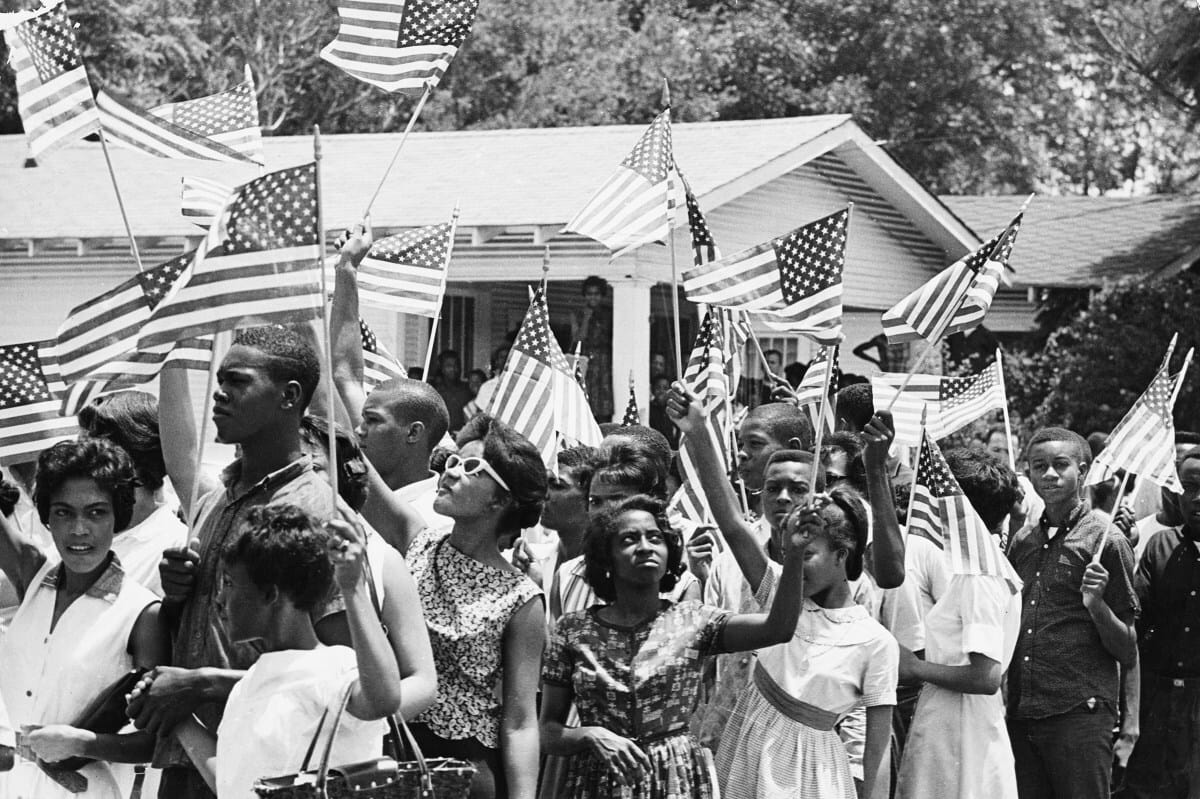
In the tapestry of American civil rights history, the vital contributions of Black women are often overlooked. This article sheds light on trailblazers like Aretha B.
McKinley, who was not only a fierce advocate for Black Americans but also a strong proponent of global human rights. Through her grassroots efforts, McKinley tackled pressing issues like segregation and discriminatory practices, pioneering initiatives that connected civil rights to broader human rights concerns.
Her leadership in organizations like the American Council on Human Rights underscored the inseparable link between local and global struggles for dignity. McKinley championed education, empowering others to see the fight for human rights as a universal cause, transcending borders and demographics.
As we revisit these stories, we honor the legacy of unsung heroines like McKinley, whose tenacity continues to inspire new generations in the ongoing quest for justice and equality worldwide.
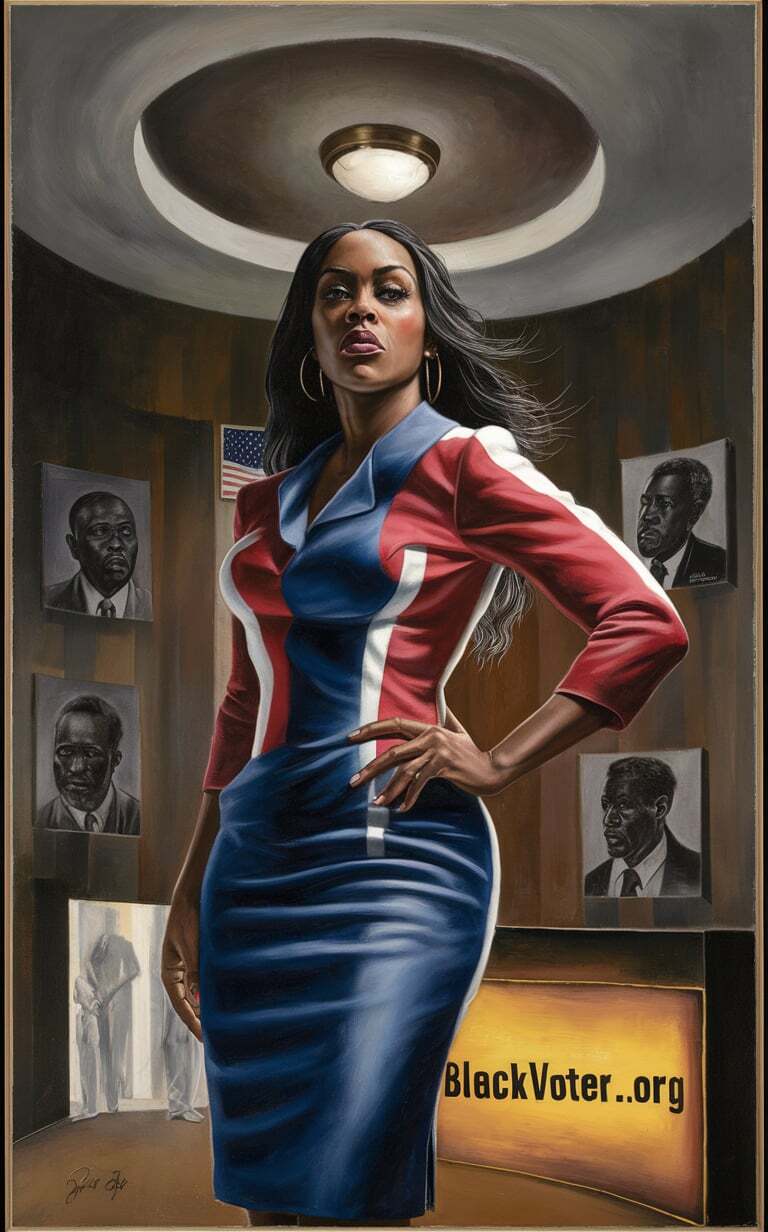

In "America First or Israel First?" Damon K. Jones passionately argues that Black America must confront a troubling reality: while political slogans tout prioritizing U.
S. interests, financial support for foreign nations like Israel often overshadows urgent domestic needs.
With over $12 billion in military aid to Israel during Trump's term, communities suffer as funds intended for education and local businesses vanish. Jones critiques both parties, emphasizing how powerful lobbying groups manipulate priorities, leaving Black Americans without real representation or resources.
He calls on Black leadership to shift the focus from performative politics and champion the fight for better funding and opportunities at home. By demanding accountability and prioritizing community needs, Black America can reclaim its narrative and effectively advocate for transformative change.
The article serves as a crucial wake-up call, blending passion with a demand for action in the face of systemic neglect.
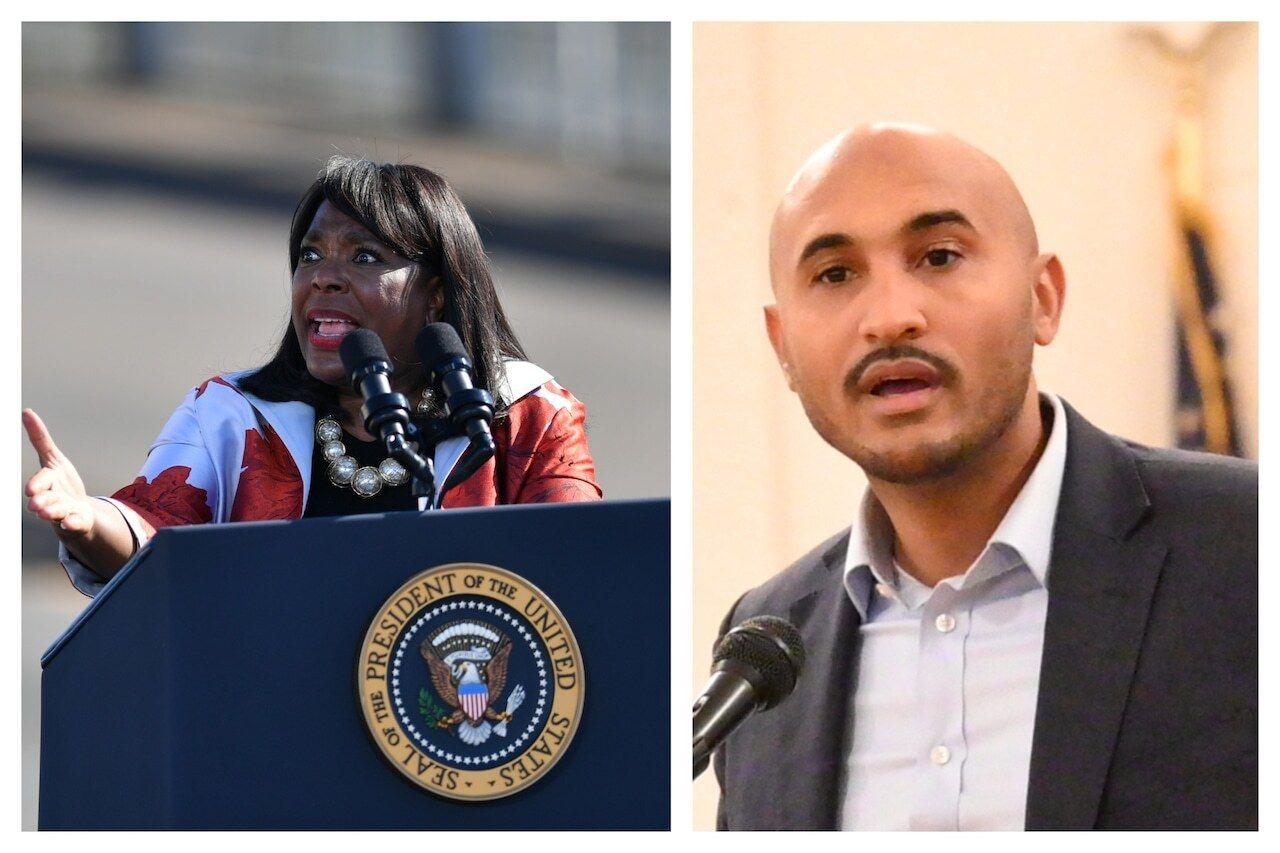
In a heated political moment, Alabama Democrats Terri Sewell and Shomari Figures made waves by voting against a resolution honoring conservative influencer Charlie Kirk, who was tragically assassinated earlier this month. While the resolution passed overwhelmingly, these lawmakers voiced strong objections, citing Kirk's divisive rhetoric and controversial views, including his disparagement of civil rights milestones.
Sewell emphasized her support for condemning violence but criticized the resolution's focus on glorifying Kirk's legacy, declaring it inconsistent with the values of Alabama’s civil rights history. Figures echoed these sentiments, underlining the harmful implications of Kirk’s ideology.
The Congressional Black Caucus also expressed discontent, reinforcing their stance against normalizing harmful viewpoints. Amidst this tense backdrop, a memorial service for Kirk is set for later this week, aimed at commemorating his controversial contributions to political discourse.
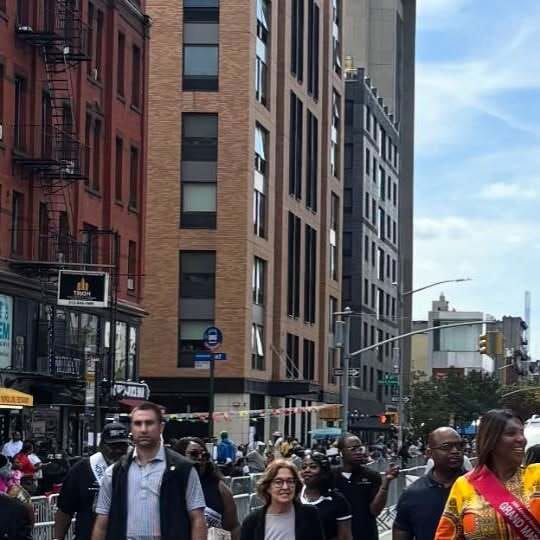
Instagram is a vibrant social media platform that allows users to share moments through photos and videos, fostering creativity and connection. With its user-friendly interface, individuals can explore a vast array of content, from stunning travel shots to delicious food posts.
Instagram's features, like Stories, Reels, and IGTV, encourage both casual sharing and professional creativity, making it a hub for influencers and brands alike. Users can engage by liking, commenting, and following their favorite accounts, creating a dynamic community.
Whether you're looking to showcase your artistic flair, keep up with friends, or discover trending styles, Instagram has something for everyone.
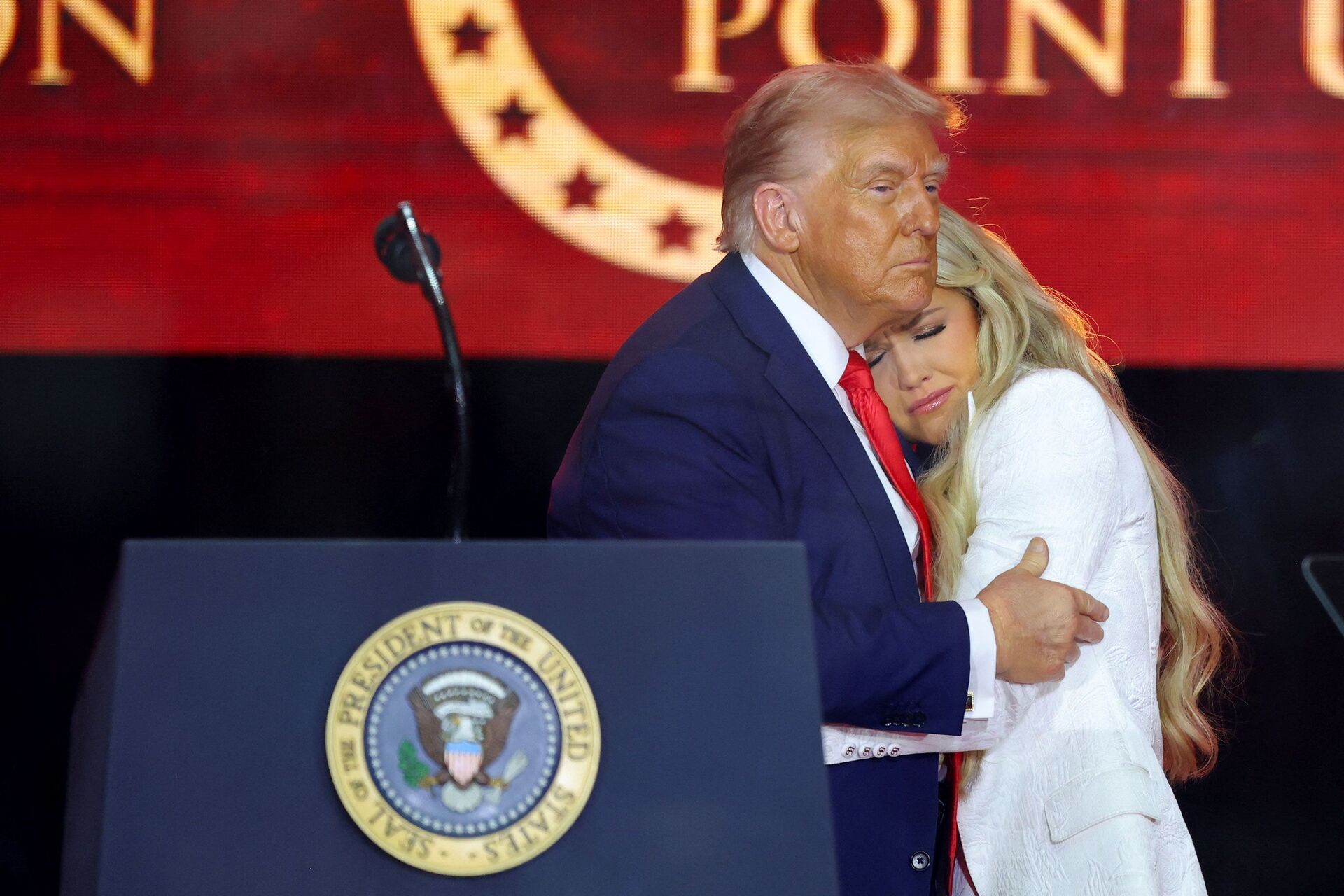
In the aftermath of Charlie Kirk's tragic assassination, Donald Trump’s speech at his memorial service starkly highlighted an unyielding divide in American politics. While Kirk's widow delivered a moving message of forgiveness, Trump opted for a more combative tone, reaffirming his intent to double down on political discord rather than healing.
His remarks suggested a future for the MAGA movement that is uncompromising and aggressive, diverging from Kirk's vision of respectful engagement. The event also showcased the potential evolution of conservatism, with influential speakers like Vice President JD Vance hinting at their ambitions and the need for a new direction in the absence of Kirk.
Erika Kirk emerged as a beacon of hope for the movement, vowing to carry on her husband’s legacy. With complex questions facing Republicans, the echoes of Kirk’s life may push for changes in strategy as the party looks to the future.

Join the exciting DIA Field Trip to the National Museum of African American History and Culture on September 29, 2025, from 2:45 PM to 5 PM EDT! Organized by Decolonizing International Affairs, this event invites students to explore the rich history and culture showcased in the museum. It’s an incredible opportunity to deepen cultural awareness and engage in meaningful discussions with fellow students over coffee in the museum cafe.
Best of all? It’s completely free! However, spots are limited to only 20 attendees, so be sure to register by September 26 to secure your place. Don’t miss out on this unique chance to connect with history and your peers—sign in to participate! For more details, visit the museum’s official site or contact the organizers at Georgetown University.
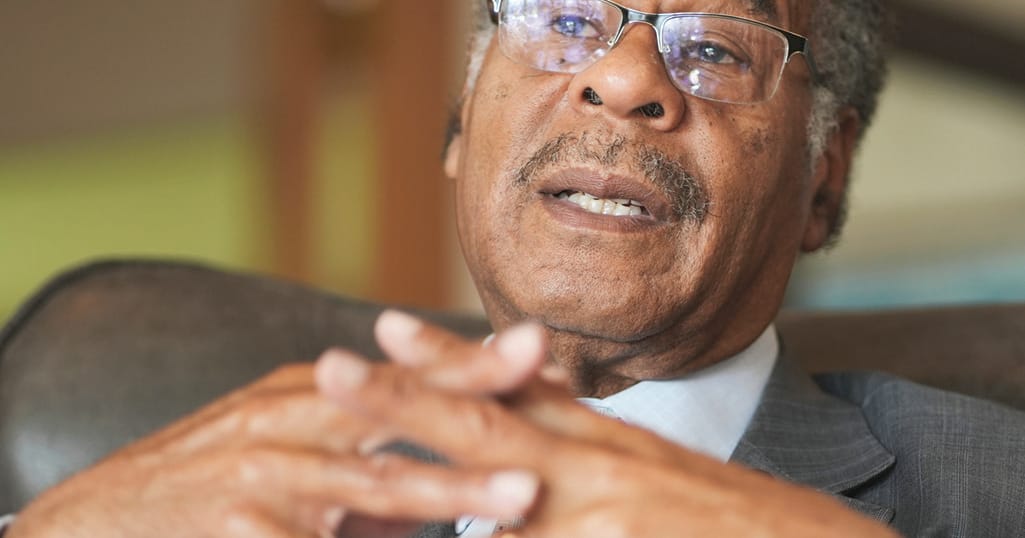
The ongoing redistricting efforts in Missouri and Texas have sparked fierce debates over minority representation, as Republican lawmakers push to redraw district boundaries to bolster their power. In Missouri, the maps threaten Democratic Rep.
Emanuel Cleaver II’s long-standing district, splitting it among three to ensure GOP dominance. His son, Emanuel Cleaver III, calls for a second Civil Rights Movement in response, fearing that such changes will disenfranchise Black voters.
Similar tactics in Texas aim to manipulate demographics to favor Republicans, raising concerns among civil rights advocates who argue this amounts to racial gerrymandering. The NAACP has stepped in, filing lawsuits to hinder these changes, while residents voice alarm over losing representation and vital federal resources.
As these political maneuvers unfold, the echoes of history remind us of the precarious nature of hard-fought voting rights and the continuous struggle for equitable representation.